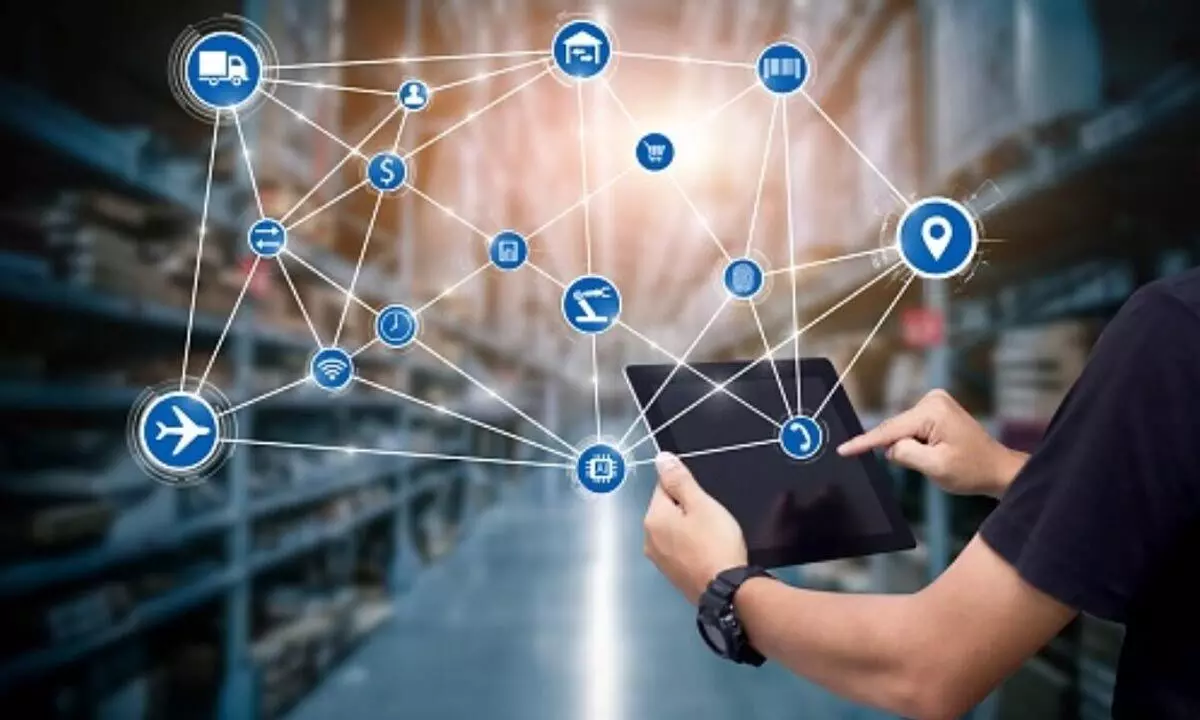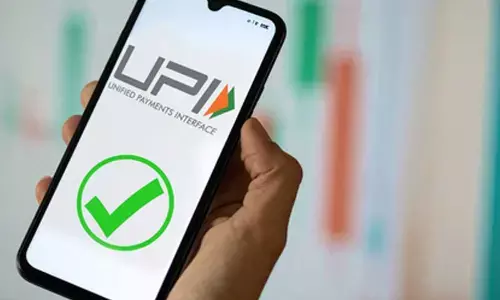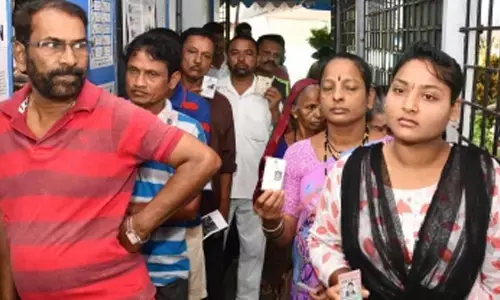Leveraging technology for better learning outcomes

Leveraging technology for better learning outcomes
The technological breakthroughs have made immeasurable impact on how we access information, how we learn, and how we teach
The education sector was never a laggard in adopting the new technology as and when the different products and services arrived, the sector benefitting amply from these technological advancements. Take for example, World Wide Web (WWW), the Internet and search engines. These technological breakthroughs have made immeasurable impact on how we access information, how we learn, and how we teach.
Hypertext and hyper image have changed forever the way we access data and information-from our old ways of linear access to multi-layered, multi-directional access. Our course contents became more interesting and enlivened with the advent of multimedia-text, image, data, audio and video to present our information, enabling the learners to use their difference sensory faculties and the multiple intelligences to achieve deep learning.
Today our educational products extend to audio books, eBooks, eLaboratories and video lectures (both live and recorded). Breakthroughs in communications technology have also made the data and information delivery efficient, fast and affordable. The rapid expansion of the high-speed communication network across our vast nation and its massive operational scale have gratefully reduced considerably the often-quoted 'digital gap' between learners in cities and rural places. Ubiquitous mobiles, tailor-made tablets and competitive data packages have made access to data over the internet and online learning affordable.
Technology has enhanced the learning experience of the learners in the classroom. Interactive whiteboards have taken the classroom teaching to totally another level. Automated lecture recording (for example, the lecture capture technology from Impartus) would enable lecture revision easy for the students.
Learning Management Systems (LMS) such as Moodle, Blackboard, and Microsoft Teams, which are the software used in the administration of courses havealso made possible the online delivery of classes including video classes for schools, colleges and universities.
Hybrid classes (combination of the traditional face to face learning in the classroom and online classes), flipped classrooms (students complete pre-lesson reading at home and engage in discussions in the classroom), collaborative online learning (two or more learners learn together as a social unit assisted by online technology) are all the realities today in teaching and learning that are not only meeting the learning goals of the individual learners but also fostering deep learning.
The concept of Open Educational Resources (OERs) facilitated by the internet technology, heralded by a social phenomenon of 'open source' has revolutionized the way we could access education in the future. Under this concept the education can now be viewed as a social good-produced by the society that can be utilised by any member of the societyfor the collective benefit of the society. Massive Open Online Courses (MOOCS) platforms such as SWAYAM, edX, and Coursera operate under the abovementioned concept providing free, almost free or affordable education.
Technology would change the way we deliver our education in colleges and universities. Different delivery models would emerge. One model that would gain strong acceptance is where students don't attend any in-campus classes. Educational institutions provide 'take-home' lecture videos covering the syllabi that can be accessed by students whenever they want.
Colleges and universities need not necessarily produce these lecture videos internally. Quality lecture videos on various foundation and core subjects such as microeconomics, botany, and thermodynamicsdelivered by eminent instructors can purchased by colleges and universities or sourced globally from the top universities, and prescribed and given to the students.
Lecture videos on specialised, industry specific subjects would be produced by industry partners and EdTech companies such as IBM, Infosys, and TCS. Students would come to campuses to attend only tutorials and laboratory classes. In tutorial sessions, which are held twice or thrice in a week, the students attend face-to-face tutorial classes moderated by tutors involving topic discussions and case study analyses.
These on-campus tutorial sessions meet the important human need for learning through social interactions. Science and technology students would attend laboratory classes, again a few sessions in a week, doing practical work and gaining skillets required for the professional practice. Rest of the week, students join workforce taking up jobs or doing paid internships, gaining valuable knowledge and skillets in the workplace. Days are not far away for such a higher education model to emerge.
It is being realised by today's technology. While it is true that it would transform our higher education sector, it would mainly change the operations of the brick-and-mortar colleges and universities as this new delivery model gains widespread acceptance by students, parents and industry. Colleges and universities can now enroll more students as their students don't come to the campus all 6 days in a week.
EdTech companies would also join this space with their own hybrid campuses provided the industry accepts the qualifications awarded by these EdTech companies at par with the degrees and diplomas awarded by the universities and professional councils. This would make the higher education sector more competitive with more education providers who have to compete with a promise to deliver quality education and training.
(The author is the Director IILM Graduate School of Management, IILM University Greater Noida)








